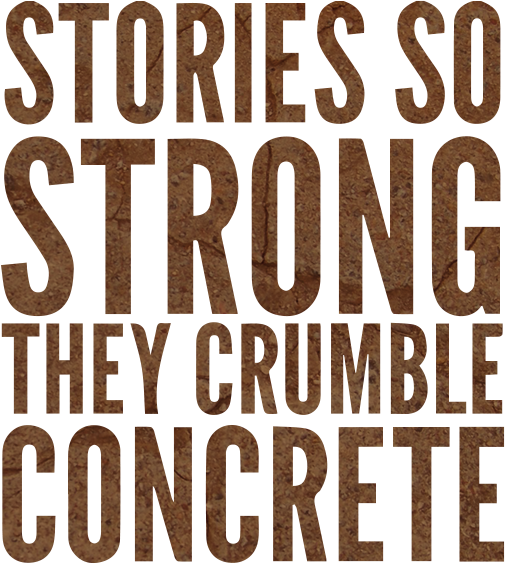prison-industrial-complex
Scott Sisters: Mississippi Justice
by NAACP & Solitary Watch

Last year NAACP campaigned a petition to help free the Scott sisters. They were freed, but still face many challenges. See the petition and a current story on the release of the Scott sisters as well as links to more information about their story.
activism prison-industrial-complex racism state-violence
Invisibility of Women Prisoner Resistance
by Victoria Law
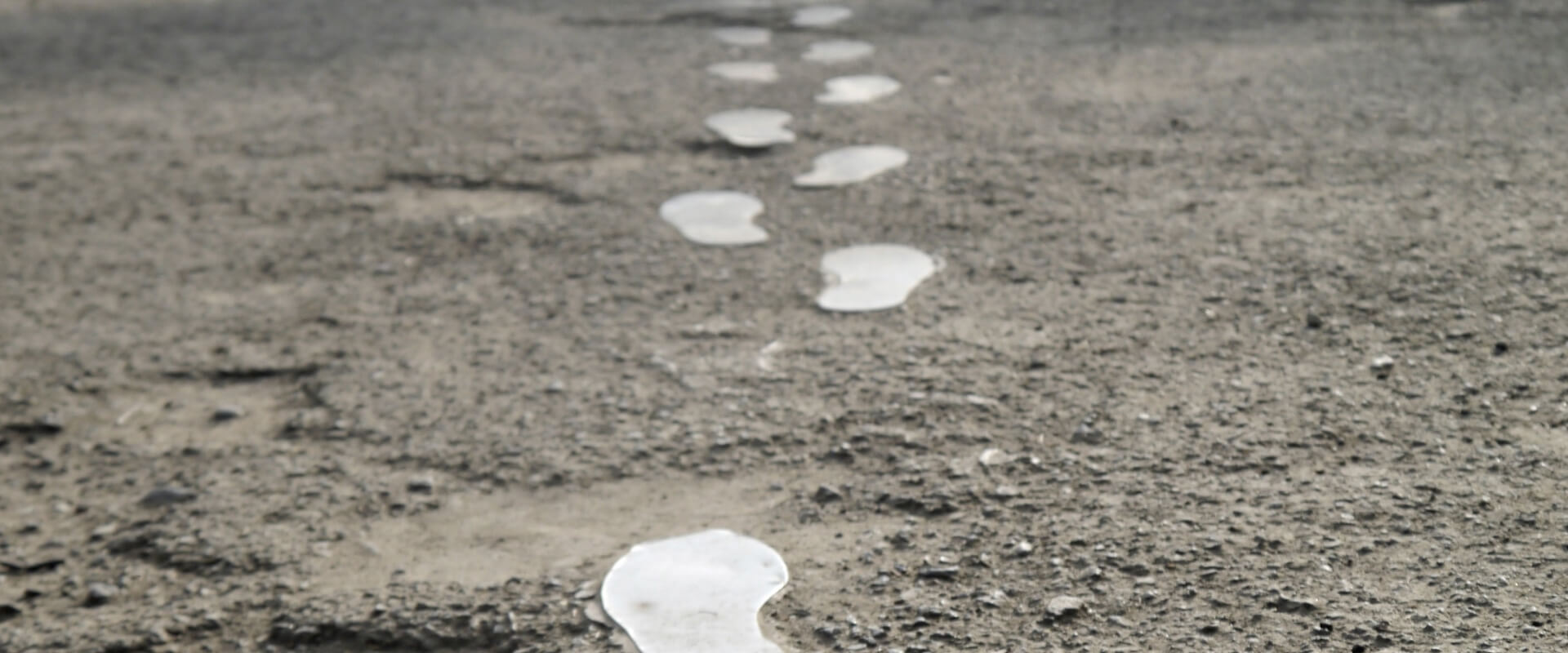
Victoria Law’s research indicates that women prisoners are even more overlooked by mainstream society than their male counterparts. She explains how their struggles to improve their health care, abolish sexual, maintain contact with their children and efforts to further their education have been ignored or dismissed by those studying the prison-industrial complex.
activism movement-building prison-life prison-industrial-complex
Fighting the 'Labia Lift'
by Krystal Voss
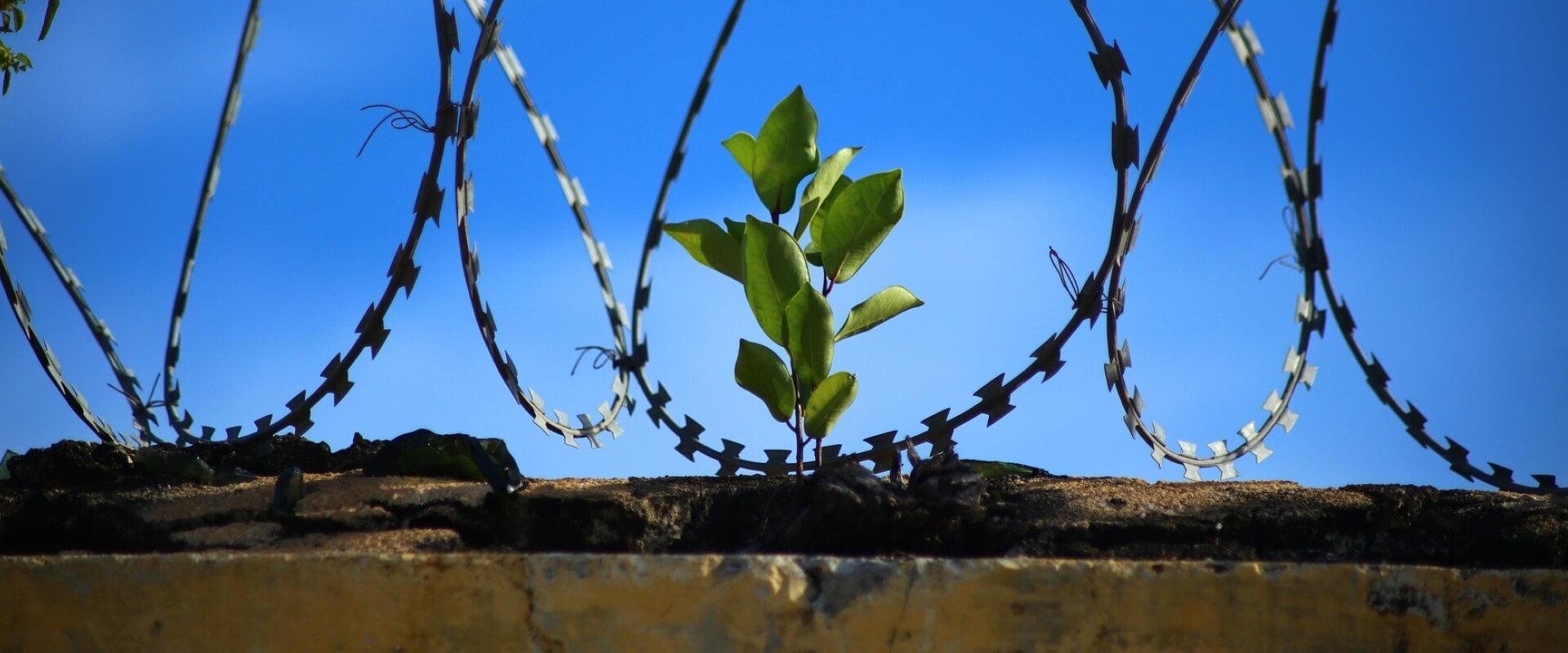
Colorado prisoner Krystal Voss tells about the invasive strip search policy at the Denver Women’s Correctional Center. During routine strip searches, women are required to spread their labia to allow staff to search for contraband.
activism guard-prisoner-relations personal-narrative prison-life prison-industrial-complex sexual-harassment
Will the Justice Department Stand Up for Women Raped in Prison?
by Rachel Roth
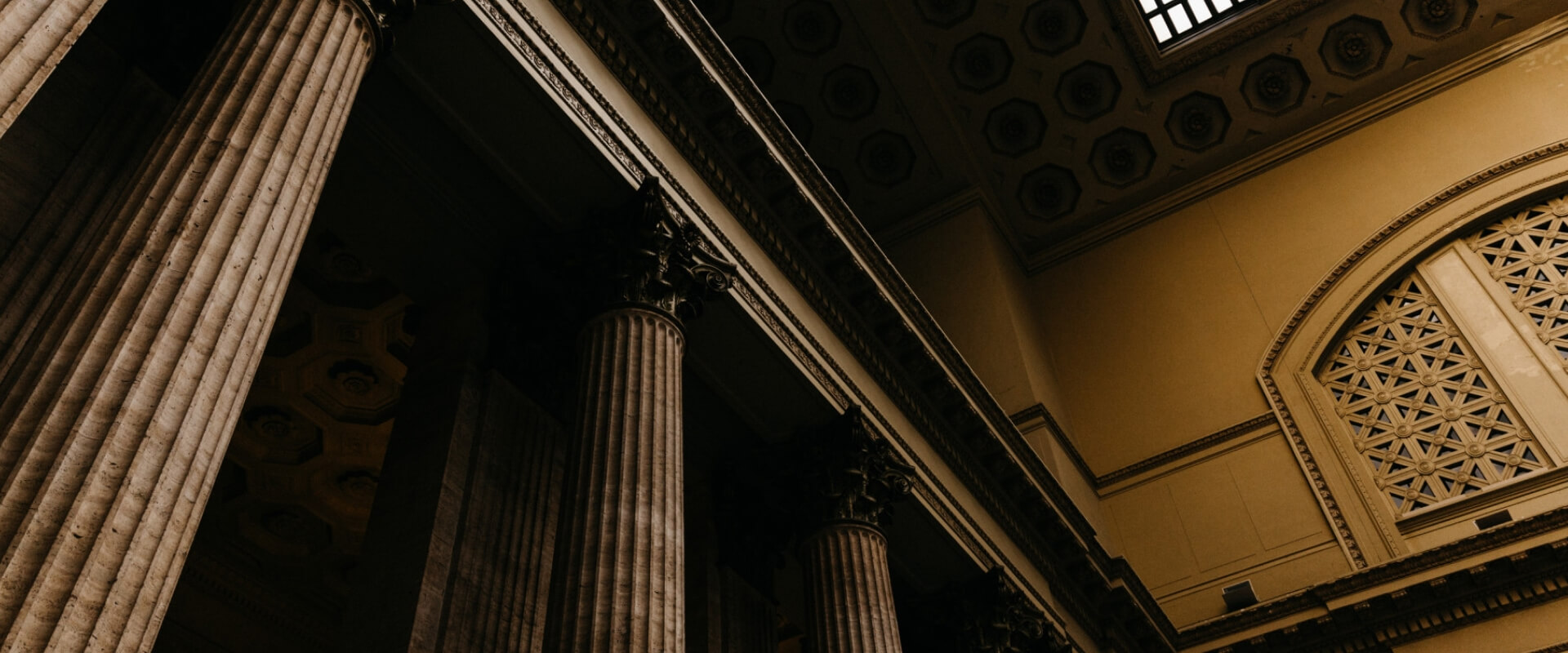
Eight years ago, Congress acknowledged the brutal fact of systemic sexual assault behind bars by unanimously passing the Prison Rape Elimination Act (PREA). The Justice Department is now poised to issue final rules to implement the law, which makes federal funding to prisons and jails contingent on improved staff training, availability of medical and psychological services for people who suffer sexual assault, investigations and publicly available data about reported assaults.
court-advocacy guard-prisoner-relations health immigration movement-building prison-life prison-industrial-complex sexual-violence state-violence
United Nations Committee on the Elimination of Discrimination Against Women
by Bonnie Kerness

These past years hve been full of thousands of calls and complaints of increasingly distrubing nature from prisoners and their families throughout the United States. The proportion of those complaints coming from women has risen, with women describing conditions of confinement, which are torture.
activism community movement-building prison-life prison-industrial-complex public-policy racism sexual-violence state-violence
The Condition in Women's Prisons
by Sara Olson
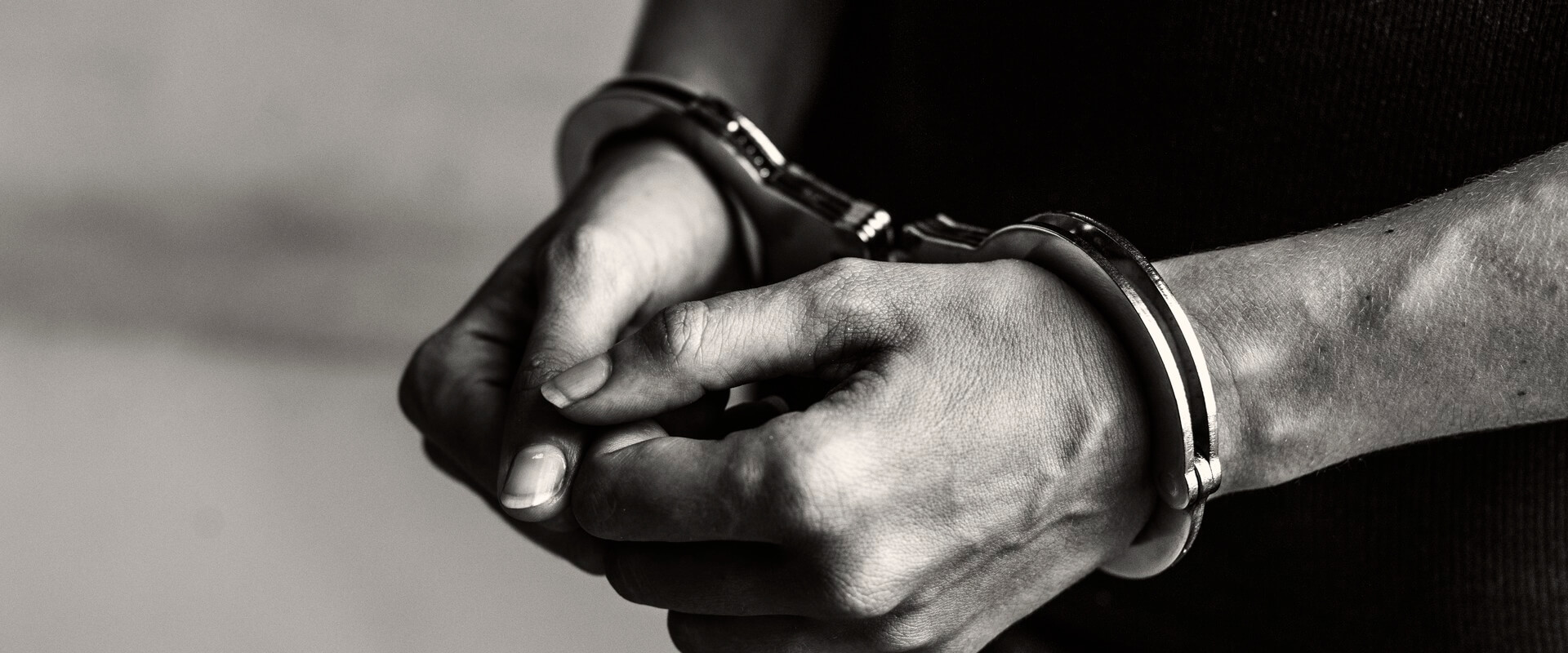
Today in California, there are 22,000 women, inmates and parolees, whose convictions are for, on the whole, non-violent and drug-related crimes. Women normally plea-bargain their cases. Even for violent crimes, we are usually sentenced as aiders and abettors. Because we are fallen women, our sentences tend to be longer than those for men convicted of the same crimes. When it comes to murder, women primarily kill abusers who have been torturing them for many years. Public financing for women’s prisons is money misspent.
abolition activism gender movement-building prison-life prison-industrial-complex public-policy
The Prison Industrial Complex in Indigenous California
by Stormy Ogden
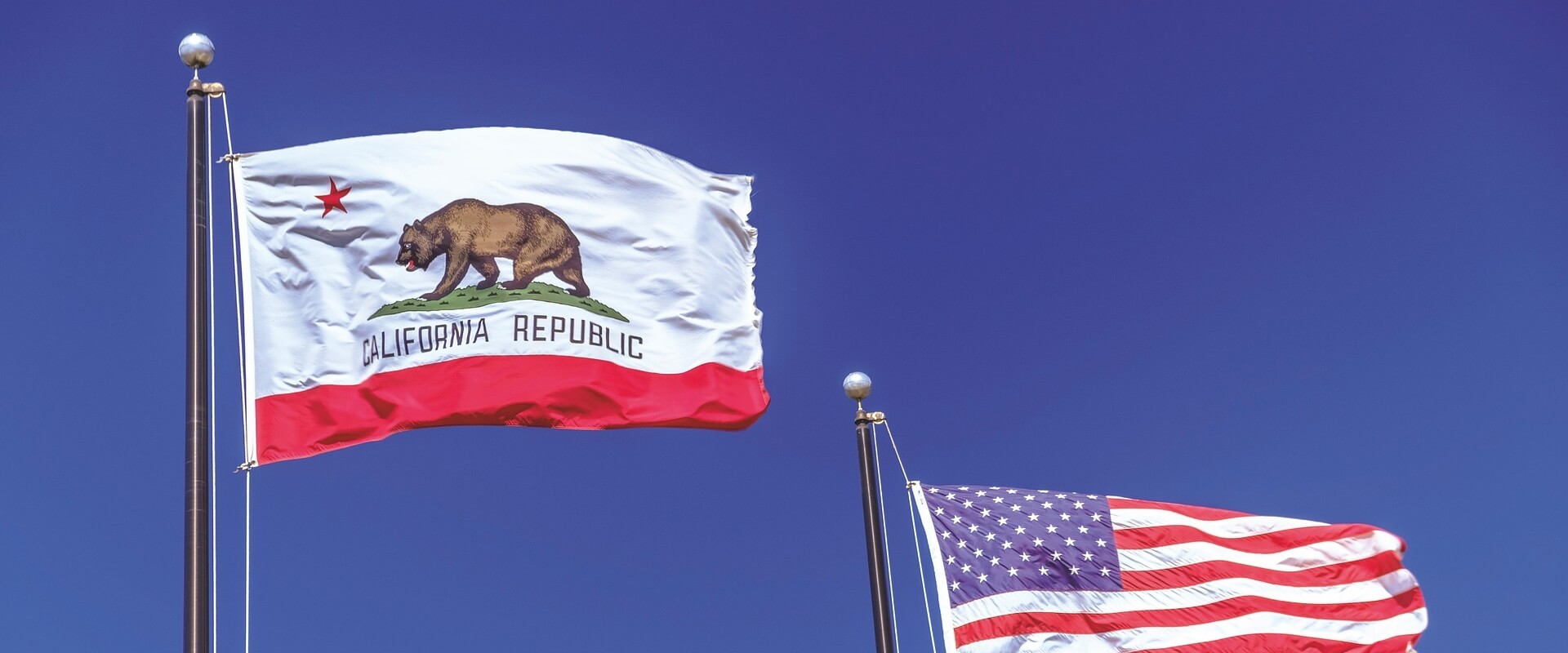
Ogden describes the historical legacy of the racism, abuse and mistreatment of Native American peoples in the United States at the hands of the U.S. government. She connects their history with the current imprisonment of Native Americans, including her own story to demonstrate the oppressive impact of incarceration.
native-american-prisoners personal-narrative prison-life prison-industrial-complex racism
Why Does Popular Culture Treat Prison Rape As a Joke?
by Anna Clark
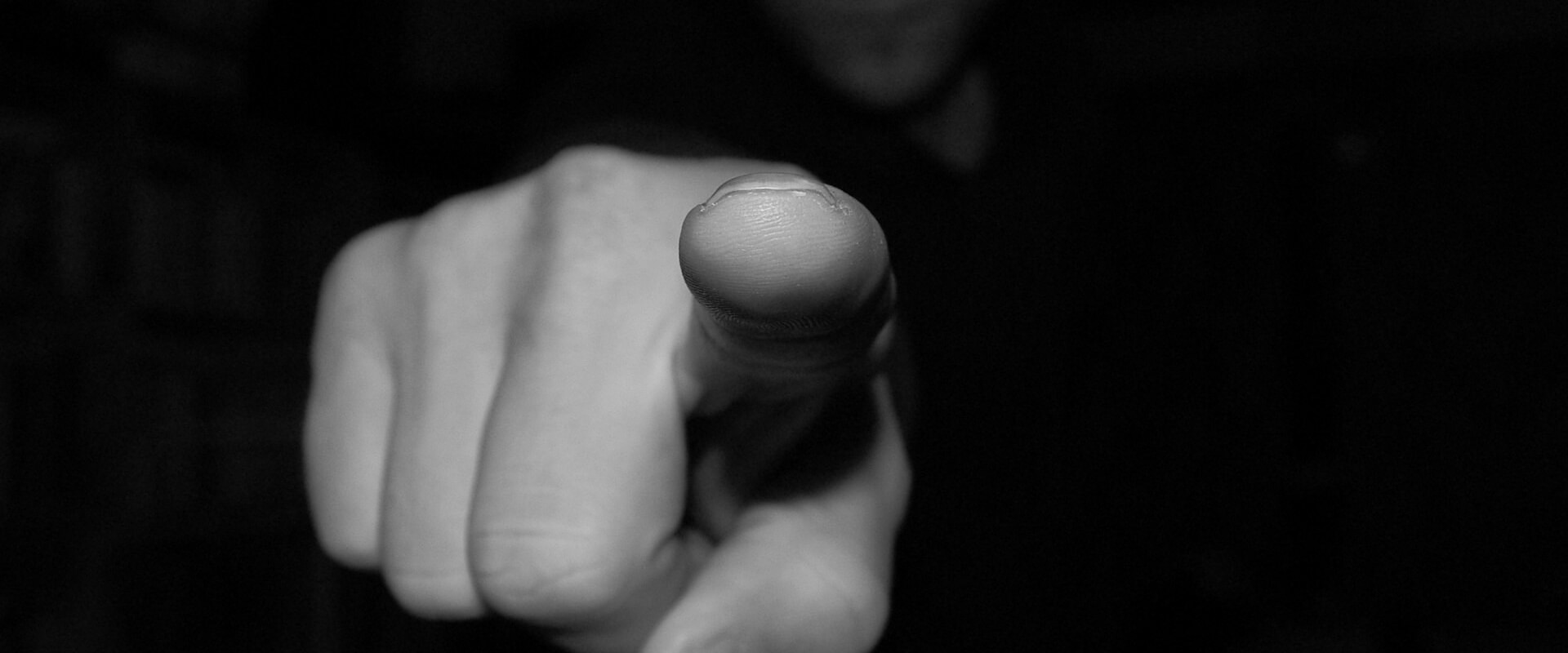
There's no soap-dropping counterpart "joke" referring to the abuse of female inmates. Ultimately, these distorted punch-line/silence memes enforce each other and perpetuate the reality of prison rape.
activism guard-prisoner-relations prison-life prison-industrial-complex sexual-harassment sexual-violence
Equality at the Price of Justice
by Angela Davis

In this essay, Angela Davis discusses the operation and impact of the Prison Industrial Complex. Through her examination of the economy of incarceration, Davis demonstrates how private corporations benefit from the incarceration of increasing numbers of people of color. Davis argues that although the prison boom has increased the profits of global corporations, it “devours the social wealth” of our communities by draining them of their human and economic resources.
prison-industrial-complex racism
Freedom Fantasy
by Sara Olson
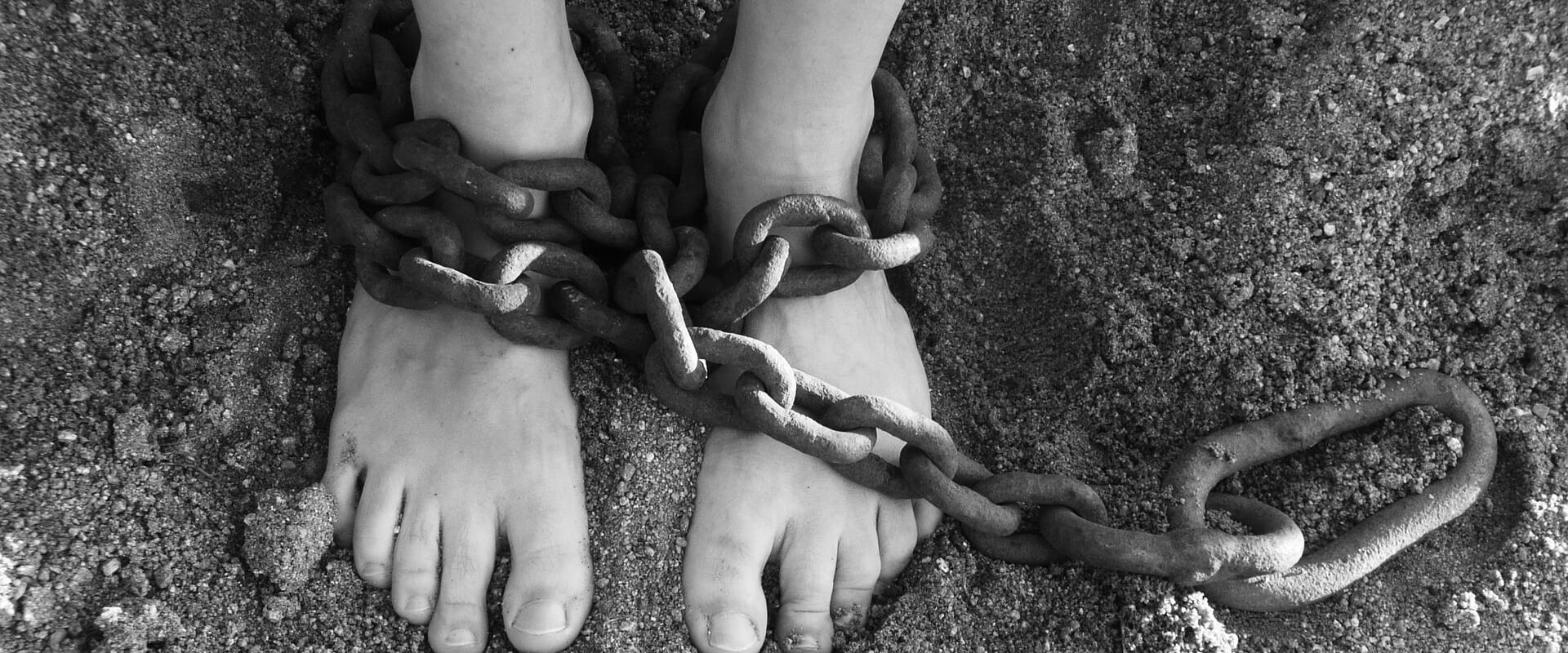
In March, 2008 I was released from Central California Women’s Facility (CCWF) in Chowchilla, California after over six years in prison. I won a writ, a portion of one anyway, in October, 2007 in Los Angeles that agreed with my attorneys that the Board of Parole Hearings (BPH) had violated my double jeopardy right by adding a year to a sentence that a real court had already addressed.
personal-narrative prison-life prison-industrial-complex public-policy
Fourth of July at CCWF July 2006
by Sara Olson

Olson tells of a 4th of July at CCWF. When you come into the CDC, it’s a whole different world. It’s like t third world country. You’re completely cut off from civilization. I was freaked out when I got here. I was sure some of the prisoners were men. "Are they men?" I asked. I had no idea. You’re isolated.
personal-narrative prison-life prison-industrial-complex public-policy
Environmental Essay
by Sara Olson

The systems of federal and state and corporate imprisonment, the Prison/Industrial Complex, are growth industries in the United States. While there has been much attention worldwide to the human rights travesty of massive American incarceration, criticism has brought no reduction, only growth in the numbers. Incarceration is aimed at a certain group of people Blacks, Latinos, and the poor.
abolition activism gender movement-building prison-life prison-industrial-complex public-policy
Are We Really Innocent Before Proven Guilty?
by Jennifer Price
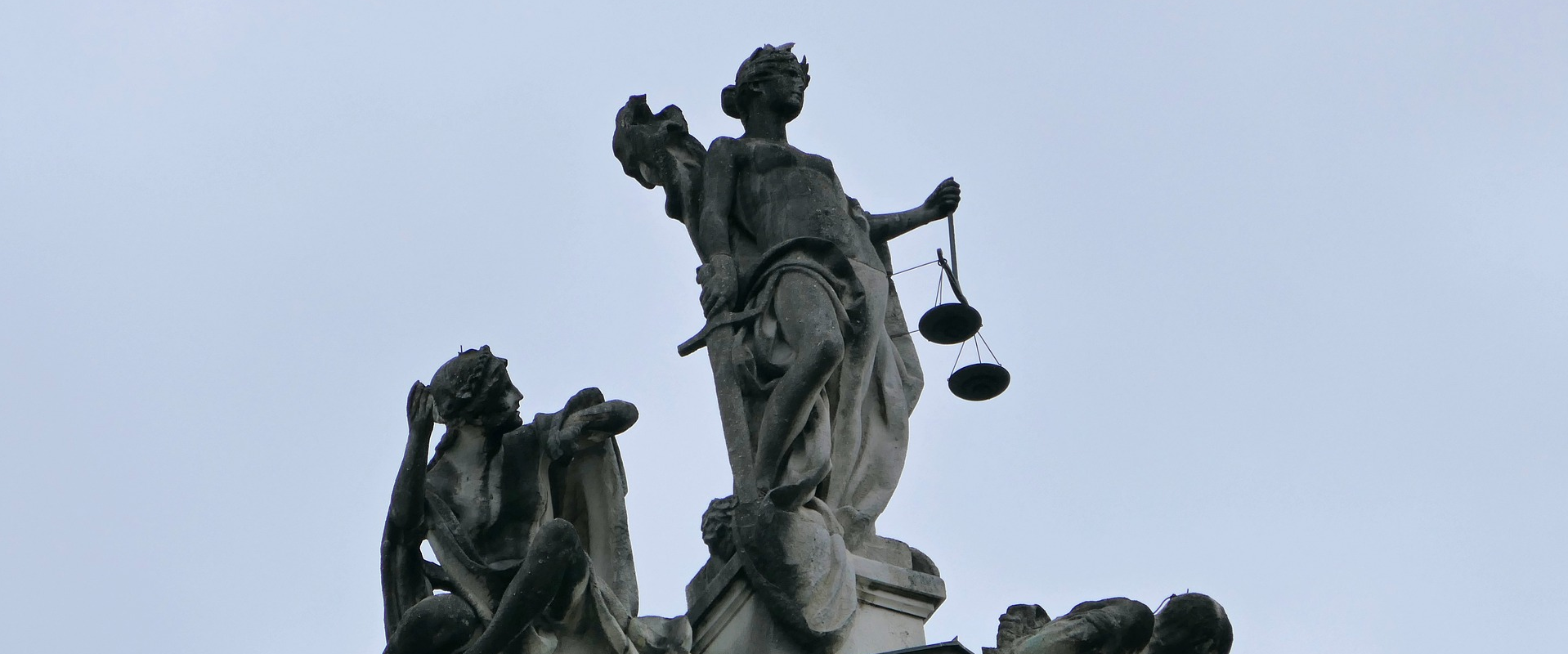
Jennifer tells her experience in the criminal justice system. In my experience, a Public Defender is more like a 'figurehead', appointed to the poor to give the illusion of fair representation and justice for all. My Public Defender advised me to accept one of the plea bargains. I looked at him and said, "But I am not guilty". He said, "That didn’t really matter because I looked guilty".
personal-narrative prison-life prison-industrial-complex
A Modern Modest Proposal
by Sara Olson
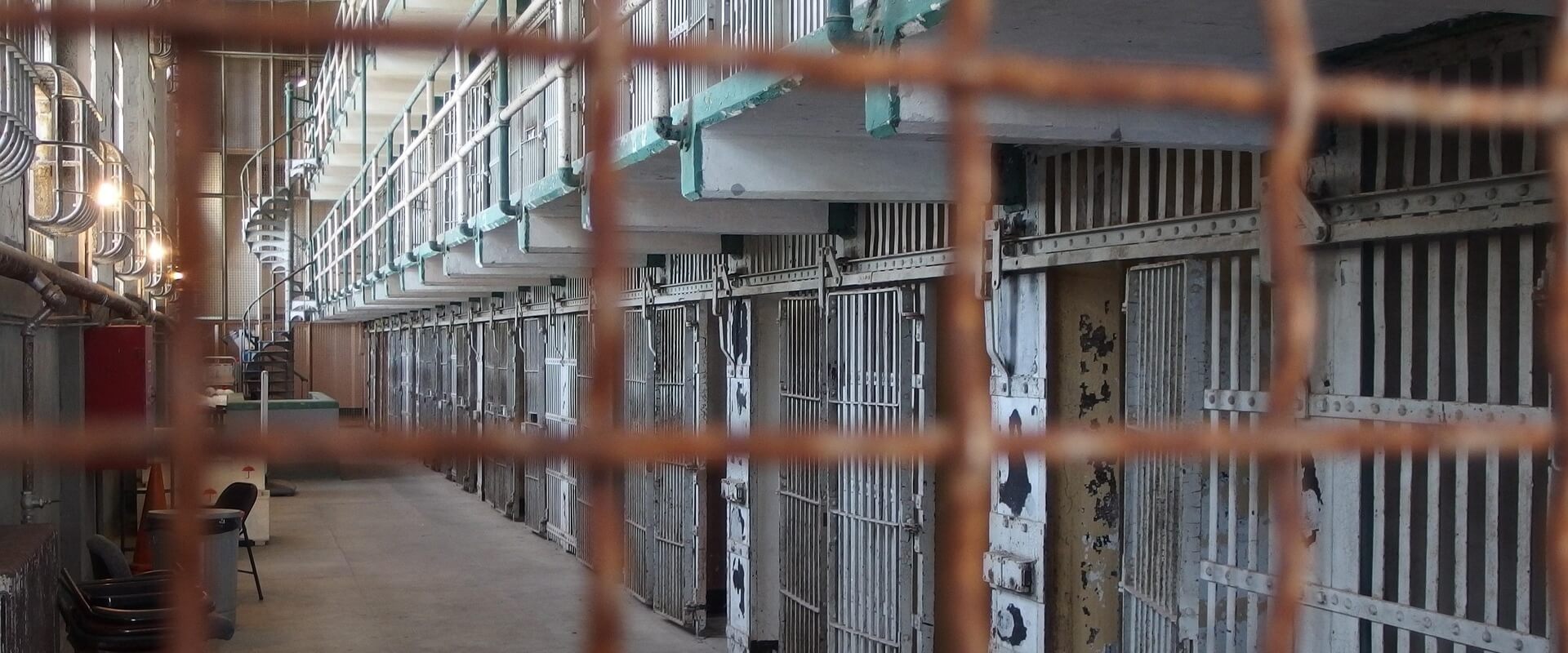
Olson describes what a prisoner goes through serving a life sentence.
personal-narrative prison-life prison-industrial-complex
Excerpt from Banished Pride
by Gina Autrey
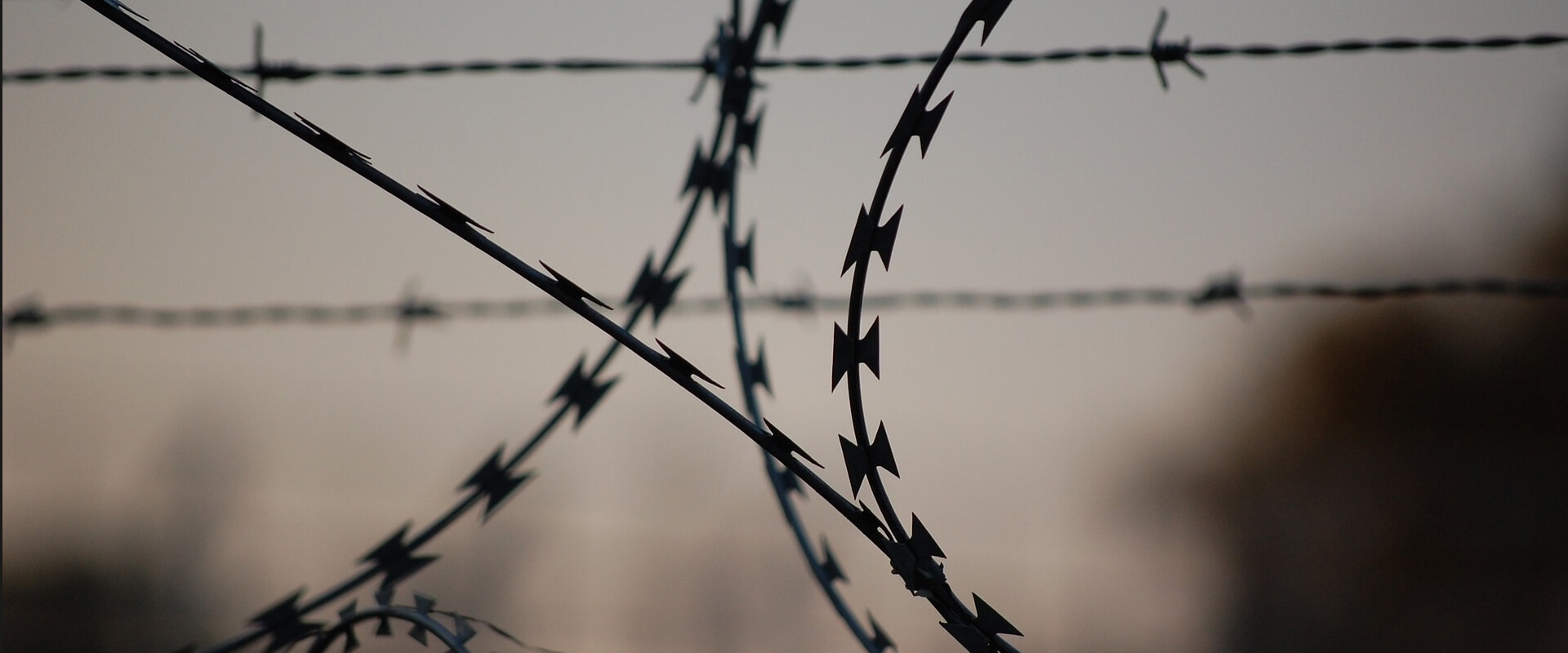
I have a hard time trusting others. My friendship is not something that is given freely. I can count on one hand the people who I truly consider to be my friend.
peer-support personal-narrative prison-life prison-industrial-complex reentry relationships
A Maypole in Prison
by Starhawk
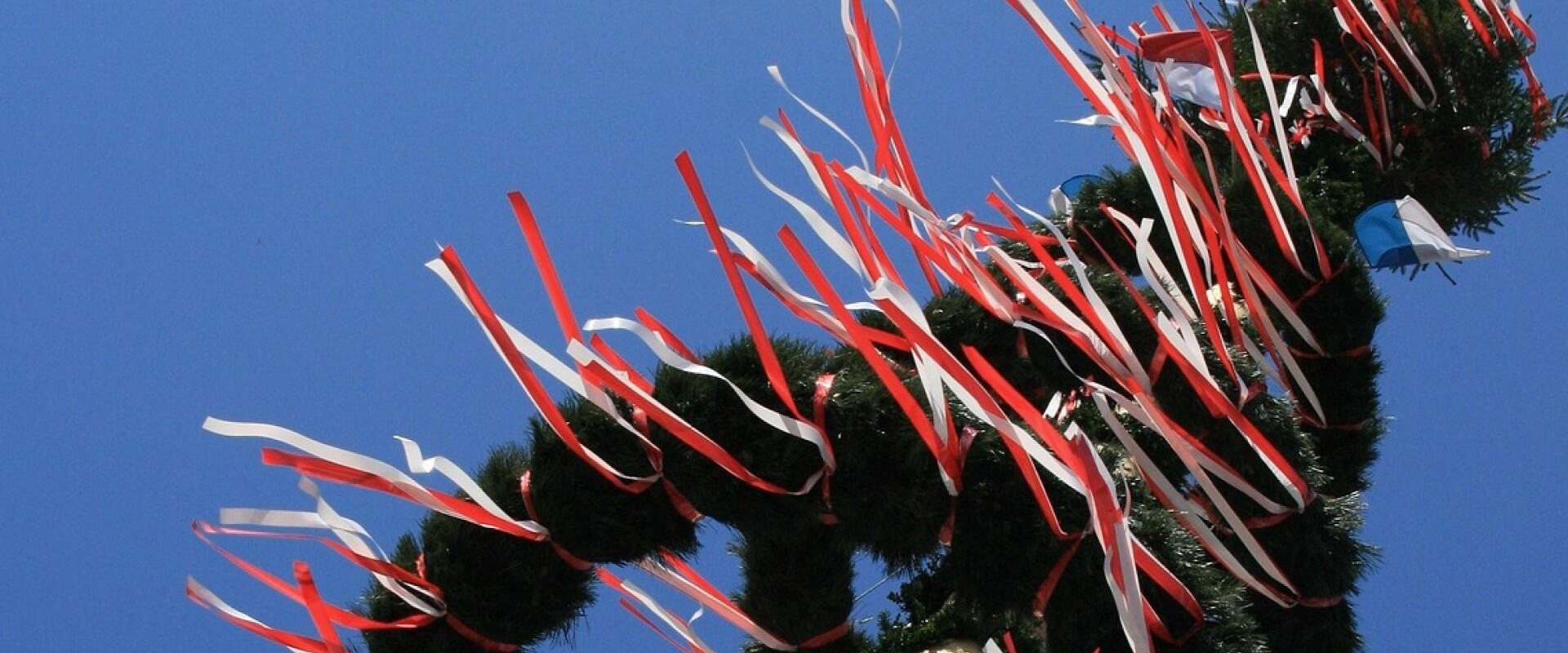
“When Pagans get their rights, everyone gets their rights,” say Patrick McCollum, who for the last fifteen years has volunteered to serve as a Pagan chaplain in the California prisons. McCollum, a talented jewelry designer and craftsman by nature, has in the last decade spent the bulk of his time—and money—helping prisoners and making interfaith alliances worldwide.
health mental-health peer-support prison-life prison-industrial-complex
World of the Forgotten
by Tammica L. Summers

Summers shares her reflection on life in prison.
prison-life prison-industrial-complex
Excerpts from 'Release: Women in prison write about self-harm and healing'
by Leah Thorn
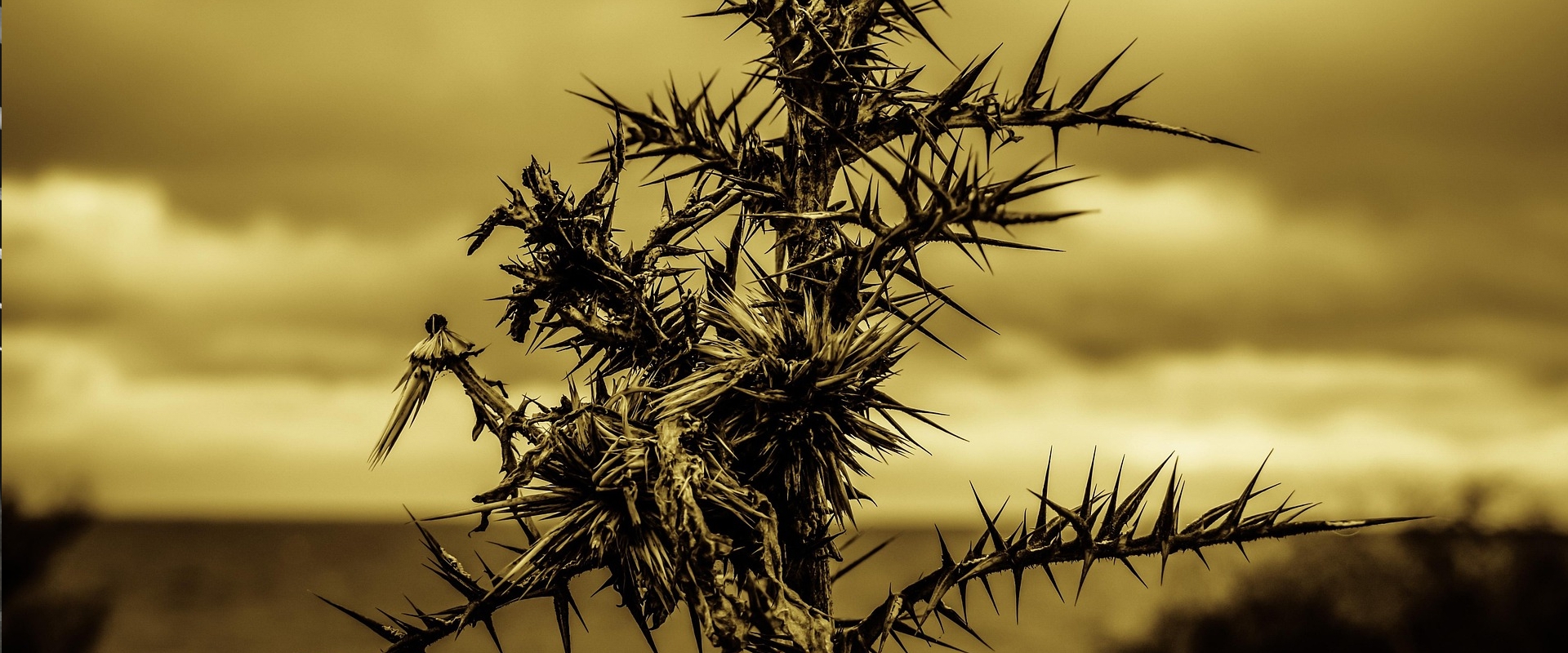
This book was written for you. Of course, I don’t know who you are and the women who wrote the poems and life stories in this book don’t know you personally. But we decided it was important to share what some women have thought and felt about their lives and about self-harm, in the hope that their experiences will mean something to you. And whatever your relationship to self-harm might be, maybe these women’s words will encourage you to write your own story. Writing can be a good way to explore, and show, what’s going on inside of you. As Anne-Marie, one of the poets in this book, told me, ‘Writing helps me make sense of my emotions, helps me understand how I feel. It helps me communicate and offload’. And as Anne Frank* wrote in her diary, ‘Paper is more patient than people’. The piece of paper you write your thoughts on won’t tell you that you’re stupid, wrong, or ‘crazy’ and it won’t say, 'That didn’t happen' or 'You didn’t see that'.
With poetry, you can express your thoughts and release your feelings in a very few words. It can help you reach out and feel less alone. And because so many women have had the reality of their experiences denied or ignored, writing your life story can be a way of putting the record straight and taking charge of your life.
gender personal-narrative poetry prison-industrial-complex
If Only I Can Tell My Story!
by Tammica L. Summers

A poem by the late, great Wenona Thompson.
prison-life prison-industrial-complex
Another Day Series
by Tammica L. Summers

In this series of poems, Summers describes everyday prison life from a personal point of view. Fifteen separate poems discuss different aspects of daily life inside the walls, covering a broad range of emotions.

